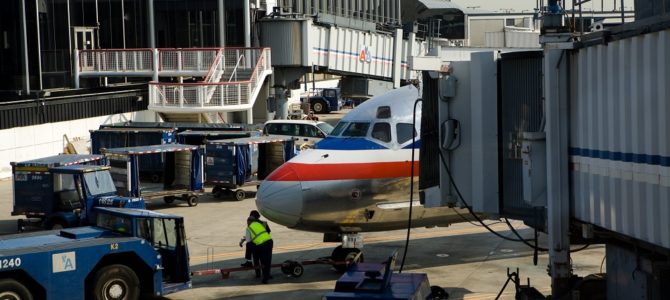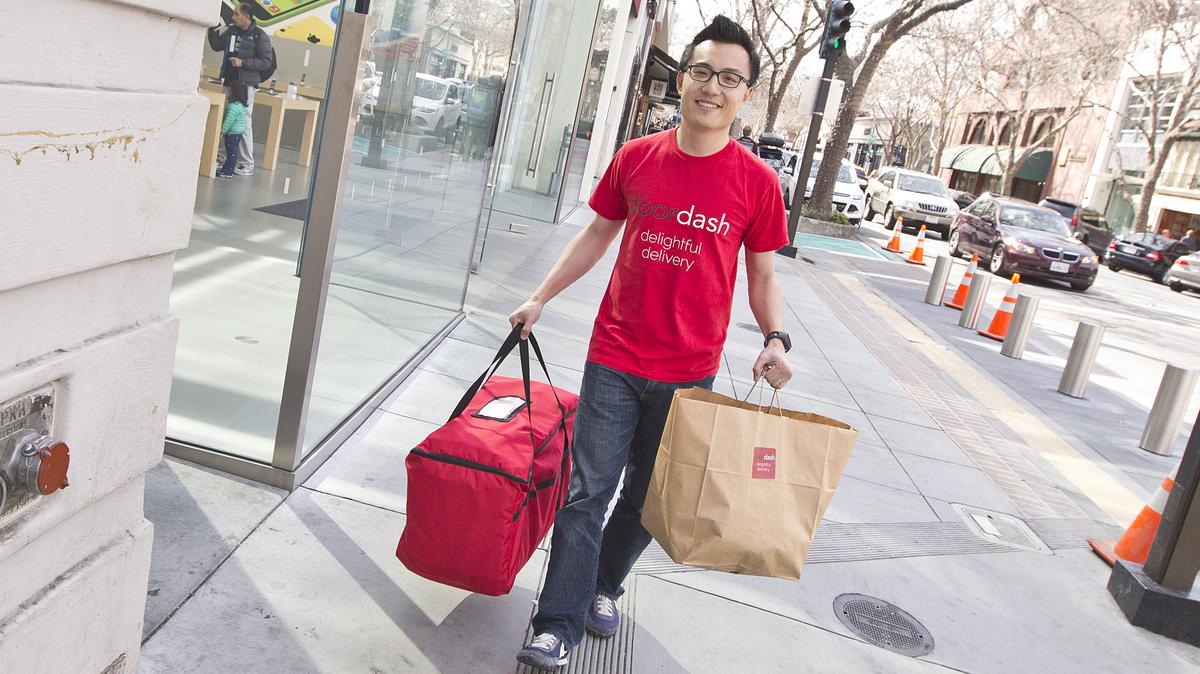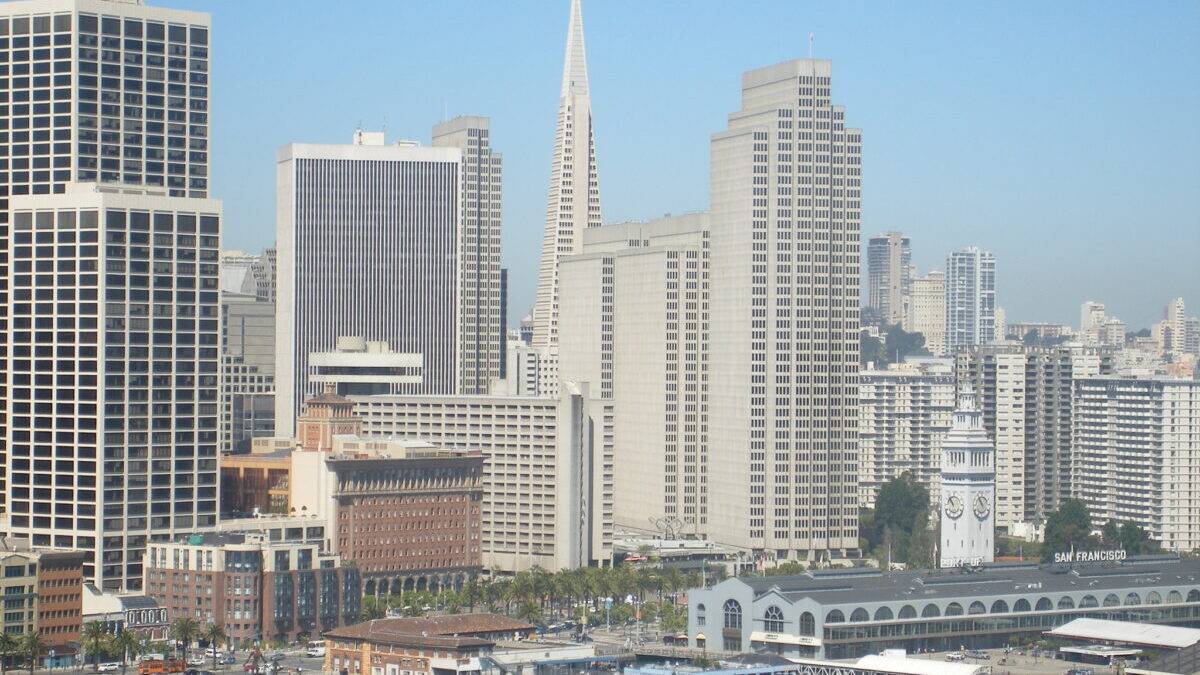
Demanding what they claim is necessary to remain solvent and save the 750,000 jobs that maintain the industry, United Airlines, American Airlines, Delta Airlines, and Southwest Airlines want $29 billion in cash handouts and another $25 billion in loans from American taxpayers. The current House stimulus bill would give $37 billion in grants and $21 in loans with zero percent financing.
When asked about the proposed bailout package, Trump said in a press conference, “We’re going to look at it very strongly.” “We’re going to back the airlines 100%,” he said.
Since the Trump administration is considering as much as $900 billion in economic relief due to COVID-19, it’s certainly realistic that the airlines will get what they’re asking for.
To be sure, the airline industry is critical to the world economy and drives millions of jobs. The bailout would be easier to stomach, though, if the major airlines hadn’t spent 96 percent of their free cash flow, or 38.6 billion, on buying back their stock to inflate prices and handing the cash to shareholders, thus depriving themselves of at least some of the funds to weather the present crisis.
Meanwhile, small businesses across the country, especially in states hit hardest by the virus like Washington and New York, are struggling to stay afloat. On March 15 Washington Gov. Jay Inslee ordered all restaurants, bars, and recreational facilities to shut down except for drive-through and takeout orders, leaving thousands of wait staff with no one to wait on and business owners scrambling to pay vendors and employees after a massive and sustained decline in sales.
Airlines Could Have Saved More
The plight of these small businesses seem even more unjust in light of how the airlines have managed their cash flow over the last several years. While more than 30 million small business owners nationwide have hustled to recover, grow, and start new businesses over the past decade, indebted airlines spent their cash on open market stock repurchases. Small businesses with their razor-thin margins could hardly have been expected to save for an event like this. But the airlines knew better.
In a previous filing with the Securities and Exchange Commission, American Airlines noted that the airline industry would be “materially affected” by “an outbreak of a contagious disease such as the Ebola virus, Middle East Respiratory Syndrome…or any other similar illness.” They didn’t have reason to suspect a catastrophe of this magnitude, of course. But this shows they were aware of risks to their business model that they did not adequately prepare for.
Instead of conserving some of their profits for a disease outbreak, American Airlines spent $12.4 billion in stock buybacks since 2014 while holding $29 billion in debt. Southwest Airlines spent $8.6 billion repurchasing stock in the last 5 years and holds $2.8 billion in debt. Delta and United spent $10.1 billion and $8.4 billion in the same time frame, respectively.
While there are some good reasons to buy back stock (such as when the market is pricing it below its intrinsic value) and it’s good to increase share value for shareholders, buybacks come with opportunity costs. American Airlines bought back 37 percent of its shares for $8.3 billion from mid-2014 through 2016. They borrowed heavily to fund those big share buybacks along with capital spending to fund its aircraft purchases.
It’s essential to invest in business improvements like aircraft. Debt was cheap then, and business was pretty good. But what happens when disaster strikes? American restricted its cash flow and took on debt, and now that debt has become a huge liability in light of a catastrophe they knew was likely to happen at some point. The other major airlines likewise chose to spend huge portions of cashflow (47 percent in the case of United, 44 percent for Southwest) in buybacks over conserving for such “black swan” events.
Airline executives opted to inflate earnings per share (profit divided by number of outstanding shares – an indicator of whether a company is a good investment) by taking shares off the market instead of shoring up emergency funds and paying down debt. These boosts in stock price from buybacks tend to be temporary because they do nothing to actually increase the company’s value, but executives are heavily compensated in stock options and awards. They’re incentivized to conduct buybacks for short-term gain at the expense of long-term durability, which is better for shareholders in the long run.
How About Loans Instead of Grants
The airlines’ short-sightedness got themselves into this mess. If cash transfers to failing businesses are now a given any time the economy is in crisis, then where is the bailout for small businesses who almost never have the cash flow to save for such a catastrophe?
Owner-operators of small businesses are losing sleep over how they’ll pay their employees, much less their mortgages. Yet the airlines have the audacity to demand at least one-sixth of what the Trump administration is cumulatively offering other “troubled sectors,” half of that in grants, despite the industry contributing just 5.1 percent of America’s gross domestic product, while small businesses contributing 43.5 percent of our GDP are slated to get only loans at roughly 3-4 percent interest.
Adding insult to injury, small businesses arguably were forced to fund this irresponsible behavior through taxes. Corporate tax revenue to the government dropped by $92 billion after the Tax Cuts and Jobs Act, but buybacks increased by $287 billion, meaning that, as the Harvard Business Review put it, “The federal government essentially funded $92 billion in buybacks by issuing debt and printing money to replace the lost corporate tax revenues.”
Ignoring the Lifeblood of America’s Economy
I’ve worked in small businesses and been surrounded by small business owner-operators my entire life. Over the past six years, my husband’s parents have built a restaurant business with three locations and a stellar reputation in a small city in Washington. They’ve worked countless 70-hour weeks, took risks by investing their own money and given up more stable and higher-paying jobs to run the business. Millions of small business owners across the country have done much the same, including more than 600,000 in Washington State, and like my in-laws’ business, it’s only a matter of days before they are in the red.
New York City is offering small business grants to cover up to 40 percent of payroll costs for two months, and the city of Seattle has issued a moratorium on evictions of small businesses and $1.5 million in grants. But Washington state’s government has no plan to help business owners in the rest of the state besides tax deferment, fee waivers, and pointing them to the Small Business Association for loans.
Small business owners don’t qualify for unemployment in Washington, either, since they don’t pay unemployment insurance tax. I reached out to the governor’s office to see if they have any further plans to assist small businesses. They did not respond by publishing time.
Businesses with fewer than 100 employees employ nearly around 700,000 employees in Washington alone. Businesses with fewer than 20 workers make up nearly 90 percent of U.S. firms and employ almost 5.3 million workers, or seven times the aforementioned airlines’ 750,000. They are the backbone of our economy and our communities; many of them contribute to our rich culture in food, clothing, and wares.
Handicapping Instead of Helping Those Hit Hardest
Small eateries are where most good food is found and small shopping districts around the country bring locals together and pull in tourist dollars with their charm and intrigue. These businesses don’t just provide for families, they are formative to the American way of life, and a vast number of them are suffering profoundly.
State and federal governments are working overtime to care for the unemployed, underemployed, and homeless. But it seems the grim plight of arguably the hardest-working, toughest, and most intrepid segment of the population is only acknowledged to the extent that the small business’ failure means their employees are out of work.
It’s true that President Trump is proposing $300 billion for a “small-business interruption loan program,” but realize this is all for employees, not owner-operators. The loans are, according to the Wall Street Journal, “to temporarily cover payroll costs for employees.” Trump has also directed the SBA to provide Economic Injury Disaster Loans with a cap of 4 percent interest to businesses affected by the virus, the purpose of which is to cover business costs they would have been able to meet if it weren’t for the disaster.
As for Congress, House lawmakers evidently will get away with mandating paid sick leave for smaller businesses while exempting those with more than 500 employees. When the government turns its attention to smaller businesses, the focus appears to be entirely on the employees, not on the people who started the business and worked seven days a week to make a living for their families.
Stop Privatizing Wins and Socializing Losses
“We have to assume no one is coming to save us,” my mother-in-law said soberly when the family met to discuss the business’ future. With federal disaster loans becoming available, prospects may change. But having run through at least a dozen ways they can modify operations, it’s hard to see how the business can remain in the black without immediate assistance, much less support their family.
Americans are tired of privatizing the wins and socializing the losses like the government did 12 years ago in the last bailout. Leftists support socializing more of the wins like requiring businesses to administer more benefits to workers, while fiscal conservatives generally support privatizing the losses. Either way, the cronyism and double standards for big and small businesses must end.
President Trump was elected on promises to drain the swamp and look after the little guy. With the irresponsible airlines and the small businesses facing extinction in this crisis, it’s time for him to deliver on those promises. Airlines don’t need or deserve grants. If small businesses must settle for loans to cover essential costs, then the airlines can do the same—and be legally bound to give up buybacks for the duration of their loans.
Better yet, as Henry Blodget wrote in Business Insider, they must issue equity to taxpayers so we can share in their recoveries. Given how the airlines have recklessly made their businesses more fragile and undermined national economic security, that’s more than fair.









